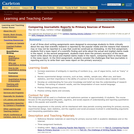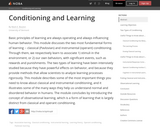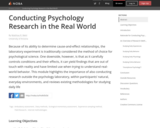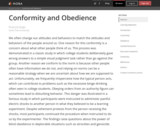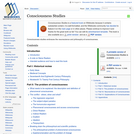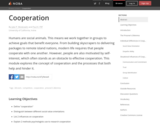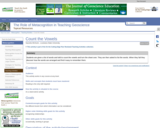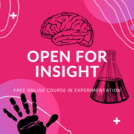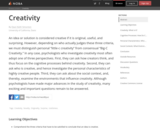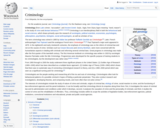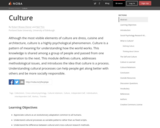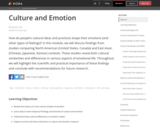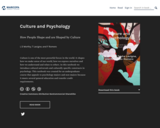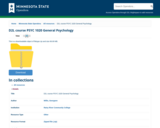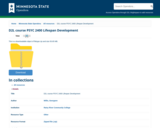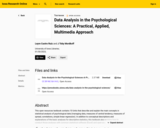Perspectives for the Canadian Workplace
Short Description:
This book examines the nature of conflict in the workplace - its sources, costs and management, as well as workplace conflict management with respect to group interactions, organizational culture, and provincial/federal legislation. In addition, this book focuses on the individual; how our perceptions, emotions, motivation, personality and communication skills impact how we manage stress and conflict at work. Throughout the book, readers are encouraged to engage in critical self-assessment and case study review. These exercises provide the reader with the opportunity to assess potential conflict situations, recognize emotions, communicate assertively, and manage conflict with integrity and professionalism.
Long Description:
This Open Educational Resource (OER) is a custom publication for students enrolled in PSYC-6006: Conflict Management.
In the first half of the book, we will examine the nature of conflict in the workplace – its sources, costs and management. We will also briefly examine workplace conflict management with respect to group interactions, organizational culture, and provincial/federal legislation.
During the second half of the book, the focus will be on the individual; how our perceptions, emotions, motivation, personality and communication skills impact how we manage stress and conflict at work.
Throughout the book, you will be encouraged to engage in critical self-assessment and case studies. These exercises will provide you with the opportunity to assess potential conflict situations, recognize your emotions, communicate assertively, and manage conflict with integrity and professionalism.
Word Count: 168804
(Note: This resource's metadata has been created automatically by reformatting and/or combining the information that the author initially provided as part of a bulk import process.)
